
‘We Have Utilised the Strengths of Two Events’
On October 14, HSE University will host the 11th ICEF-CInSt International Moscow Finance Conference. This year’s event is the result of the joint organisational efforts of the International Laboratory of Financial Economics (LFE ICEF) and the Centre for Institutional Studies (CinSt). Vladimir Sokolov and Maria Semenova, members of the conference's organising committee, spoke to the HSE News Service about the programme and participants of the event.

The Informal Economy and Post-Soviet Transition
The informal economy is a global phenomenon found in both developed and developing countries. There remains no consensus among academics about how the informal sector impacts overall economic growth. Elena Kalmychkova and Alexander Lipanov of Lomonosov Moscow State University and HSE University examined the informal economic sectors of former Soviet republics and found that regardless of any potential negative impact, these informal economies eventually helped people adapt to a post-transition free market environment.
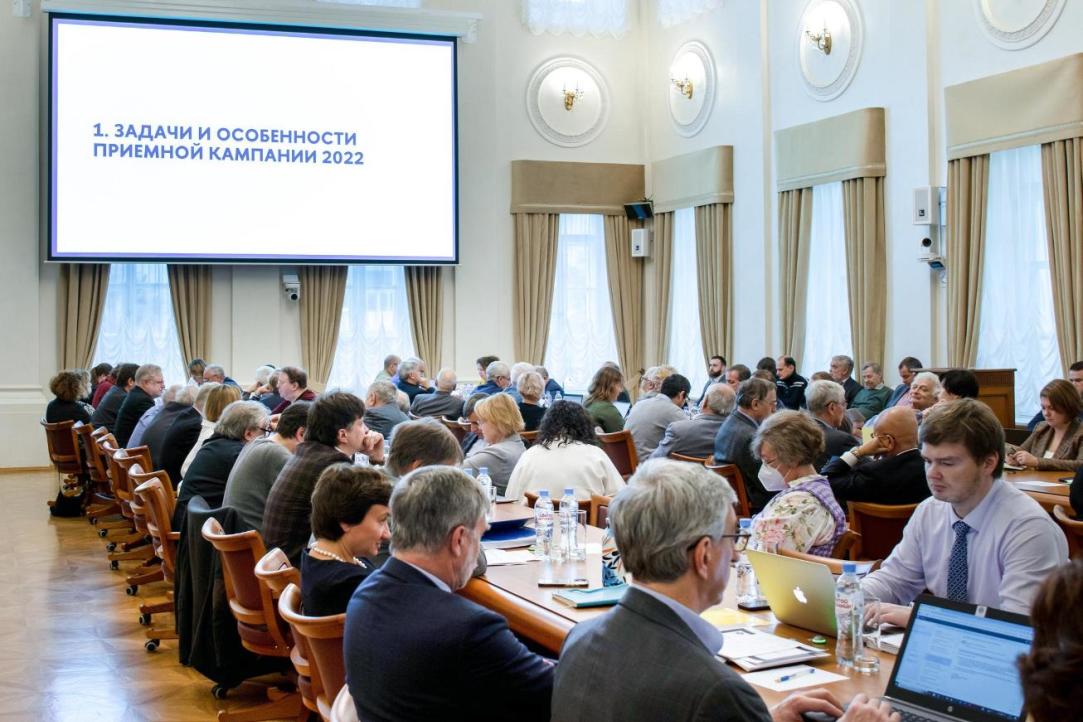
HSE Academic Council Sums Up the Results of Admission Campaign
For the first time, HSE University has moved up to second place based on the average score of applicants enroled on state-funded bachelor's programmes. The implementation of the concept of ‘four campuses — one university’ has led to an increase in the number of applicants and the quality of admissions at the regional campuses. As well as this, enrolment on online programmes has increased by more than 50%. Despite a slight reduction in the number of international applicants due to external factors, the university has maintained its rigorous selection policy for prospective students. Among foreign countries, China has the largest number of students applying for HSE’s master’s programmes.

Applications for International Study Tour Experience Open Until October 31
Registration is now open for the international Study Tour Experience, which gives foreign master’s applicants an opportunity to spend two weeks living as HSE University students and choose a master’s programme for further study. The Study Tour Experience will take place from November 14–28 and is available both online and in-person. Russian- and English-taught tracks are available. Participants are selected based on motivation letters.
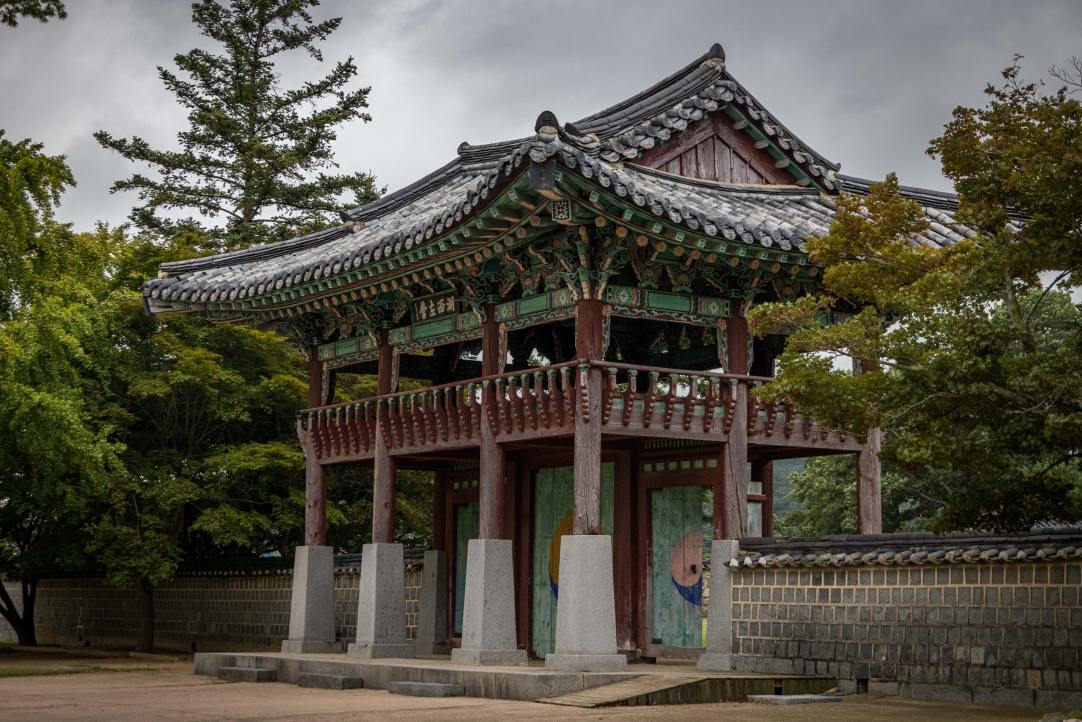
‘Korea for Much of the World Has Been Far Away and Remote, but in the Present, It Seems Closer and at Times Everywhere’
The international conference ‘Korea Uncovered: Global and Local Challenges (late XIX – mid XX century)’ is underway at HSE University on October 7–8. Why do they say that Korea was discovering the world and opening up during this period? The HSE News Service talked about the issues discussed at the conference with its organisers and participants.
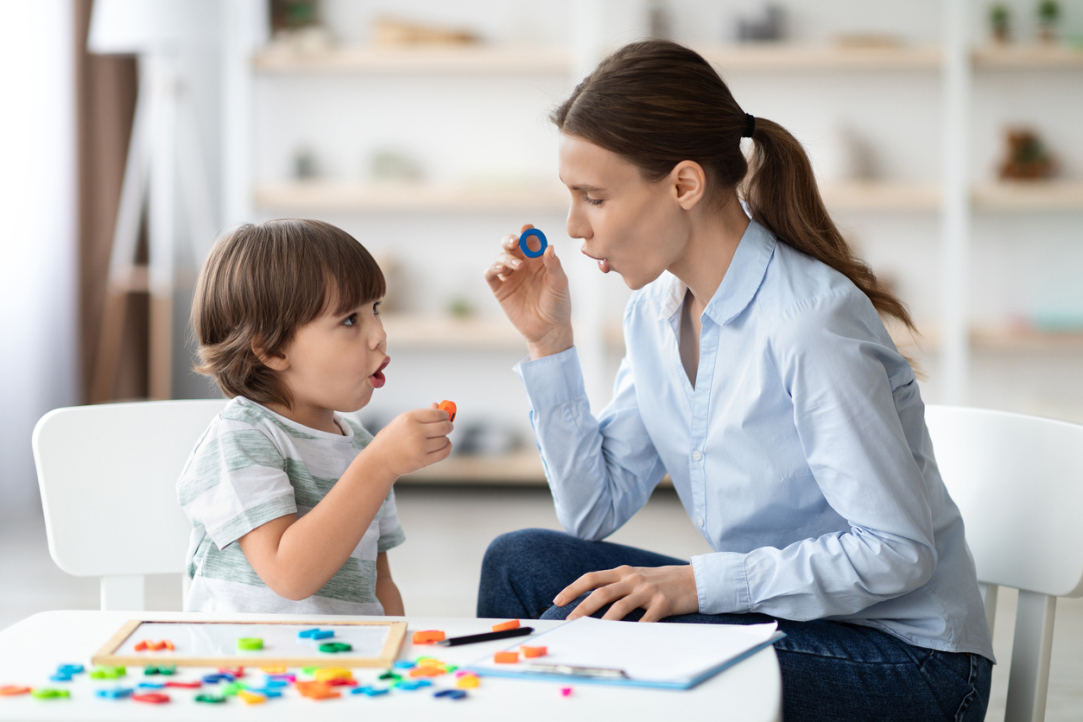
The Results of Dyslexia Diagnosis Depend on the Tests Used
HSE University researchers have found that complex phonological tests involving several cognitive processes predict dyslexia better than simple ones. This may happen due to the fact that Russian-speaking children with dyslexia generally do not have difficulties distinguishing speech sounds. However, it’s not enough to use only phonological tests to reliably diagnose the causes of reading disorders. The results of the study were published in the Journal of Speech, Language and Hearing Research.

Architectural Design Project of HSE Lyceum Wins Award at Build School 2022
The 6th international exhibition ‘Build School 2022’ has taken place in Moscow. It is a unique event dedicated to various aspects of design and equipment for educational spaces. The exhibition’s main theme—‘an inclusive educational space’—brought together the business programme and the Build School Project competition. The competition winners included a joint team of the HSE Design Lab and the HSE Lyceum, as well as HSE Art and Design School student Ksenia Nuzhdina.
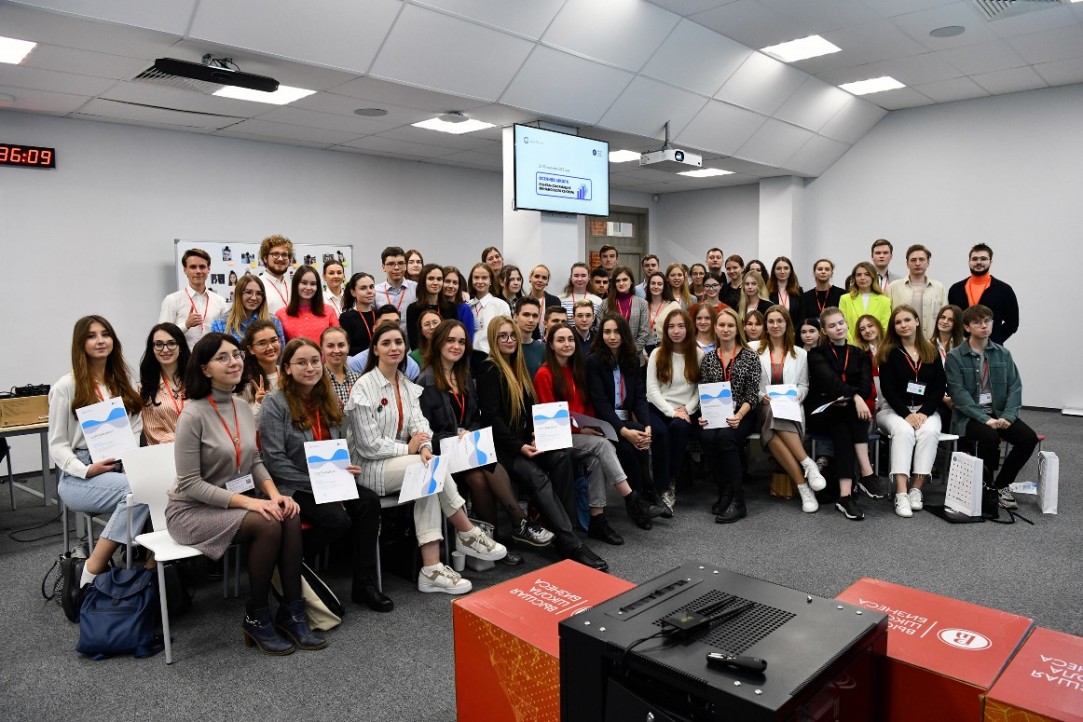
HSE University and Bank of Russia Hold First Russian School on Sustainable Development in Finance
The HSE University Graduate School of Business (GSB) has hosted the Autumn School in ESG Transformation of the Finance Sector. A total of 70 students from Russian universities passed the competitive selection process to take part. The four-day programme was devised and developed by the Central Bank of Russia. The speakers included top managers and regulatory specialists, as well as representatives of the Ministry of Economic Development of the Russian Federation, VTB, Sber, Sibur, Gazprombank, Rosatom, Nornikel, VEB.RF, Rusal, and experts from HSE University.
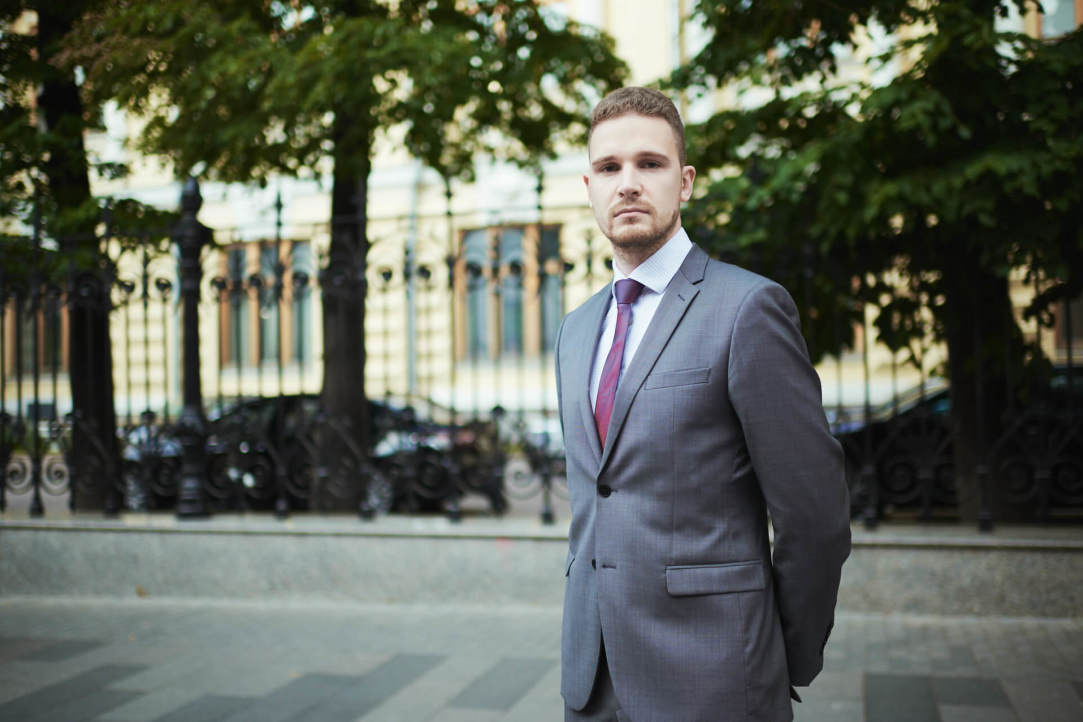
‘Research Skills Are for a Lifetime’
Having graduated from the bachelor’s and master’s programmes and enrolled in the HSE University PhD programme, Mikhail Zhemkov successfully combines practical tasks with research. As a department head in the Central Bank’s Monetary Department, he actively conducts research while making decisions that diretly affect the country’s economy. In this interview with Success Builder, Mr. Zhemkov explains how conversing with his fellow HSE University students helped his studies, what exactly macroeconomists study, and why the Central Bank has time for everything.
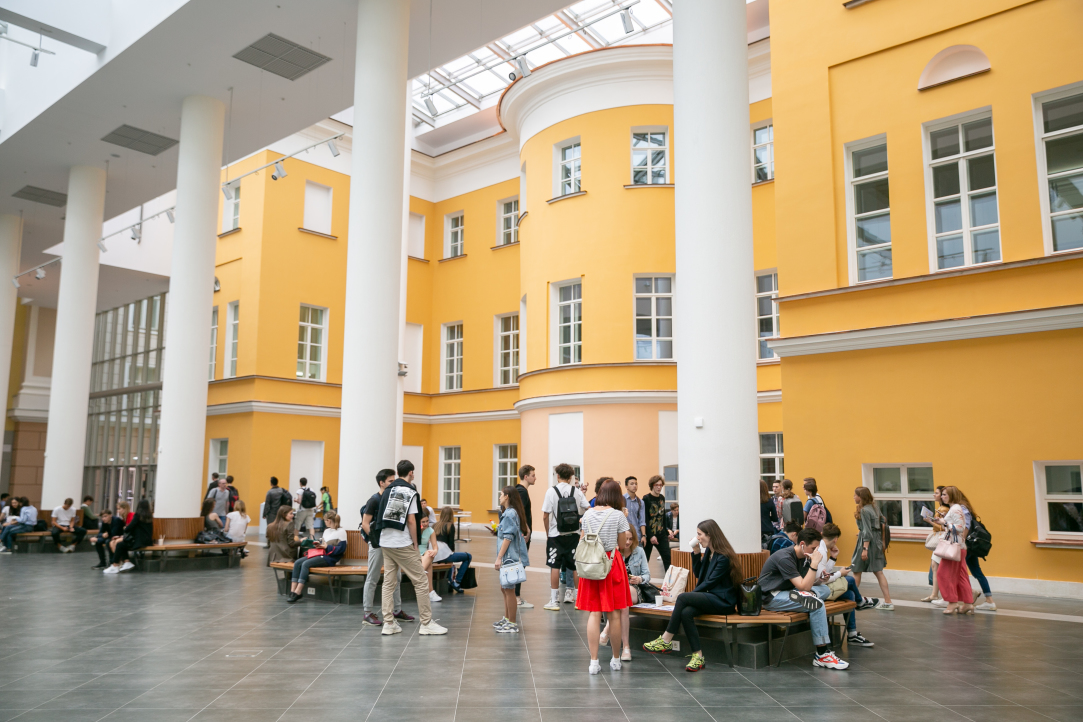
HSE University and National Media Group Sign Cooperation Agreement
HSE University and National Media Group—Russia’s largest private media holding—have agreed to jointly implement the Master’s in Media Management run by the university’s Institute of Media. The collaboration involves the joint development of courses for the Master’s programme and the provision of internships for students.

